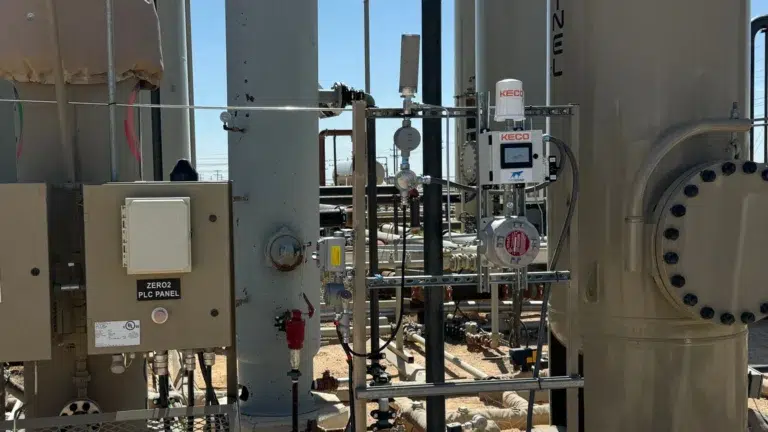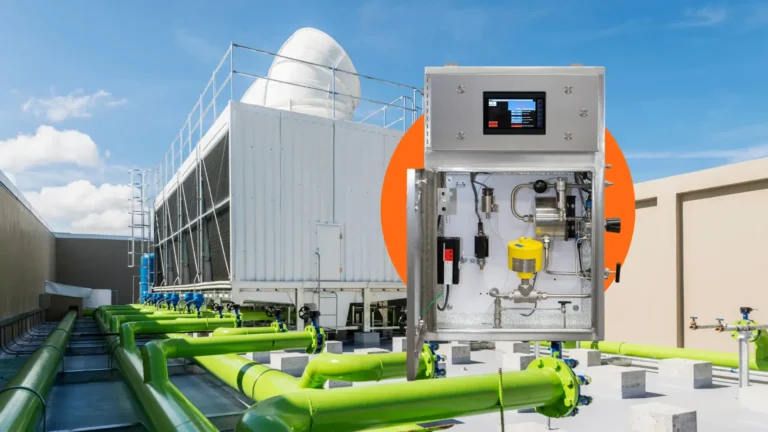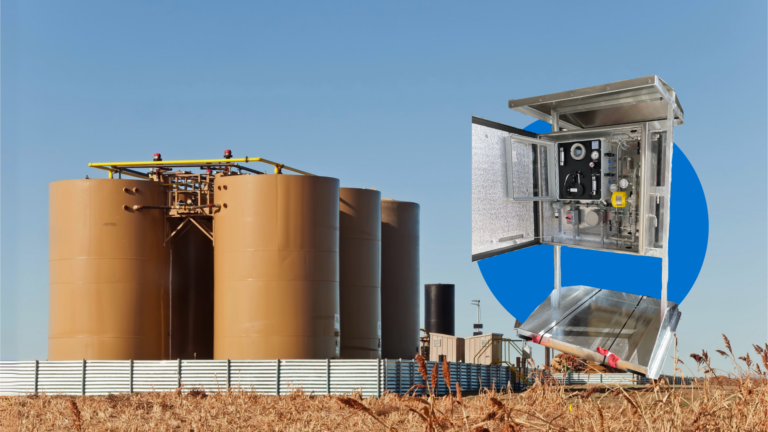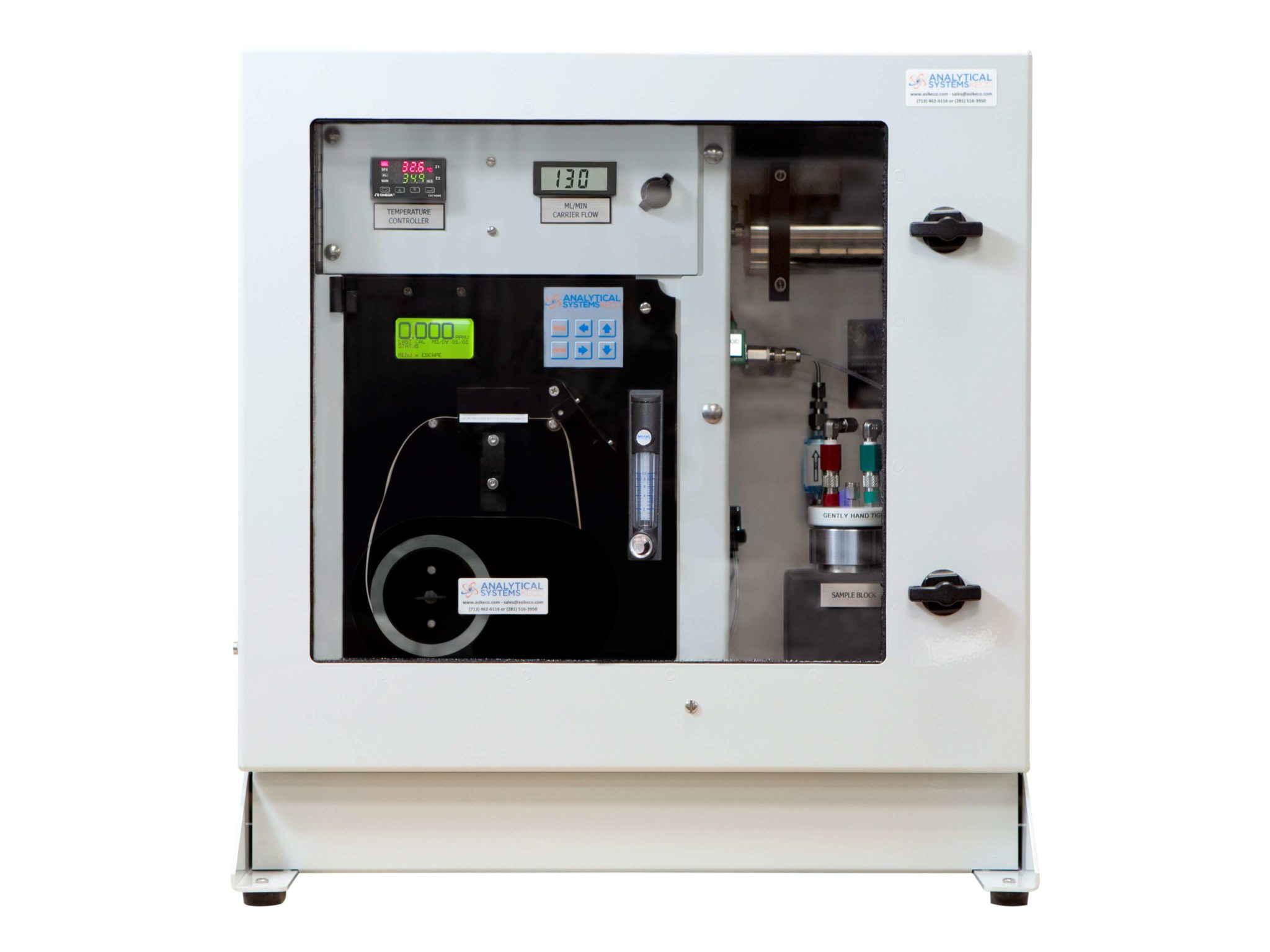Analytical Systems KECO Announces Release of New Process Analyzer
January 6, 2015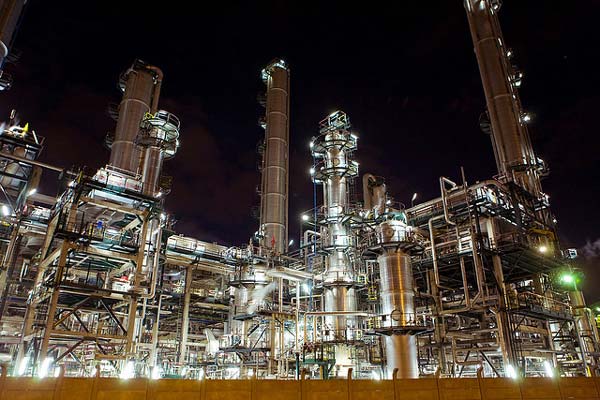
Houston-based gas analyst unveils new technology aimed at preventing explosions when transporting crude oil.
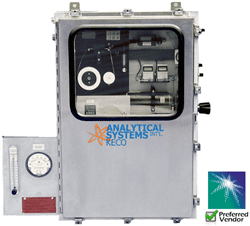
Safely storing and transporting sour crude oil and condensate via roadways, rail, by sea or via pipeline can present a multitude of challenges. H2S, is a toxic and deadly gas that is often present in crude oil and condensate. Even a small amount of H2S presents a health risk to personnel transporting the sour crude oil and condensate. In case of accident-related spills, the public is also in danger of exposure to this toxic gas.
The U.S. Occupational Safety and Health Administration (OSHA) warns that H2S is an irritant and a chemical asphyxiant that can alter oxygen utilization and affect the central nervous system. Death can result from exposure to hydrogen sulfide gas vapors at levels of just 100 parts per million (ppm).
In addition to being harmful to health, H2S is also highly corrosive. Over time, the harmful gas can corrode rail cars, trucks, pipelines and other transport vessels that deliver crude oil, leading to an increased risk of spills, and loss of containment. H2S is also highly flammable, which can lead to explosions should accidents occur during the transport of sour crude oil and condensate.
On January 2, 2014, The Pipeline and Hazardous Materials Safety Administration (PHMSA) issued asafety alert following the rail derailments that caught fire west of Fargo, N.D., and Lac-Megnatic, Quebec, indicating crude oil being transported from the Bakken region: “…May be more flammable than traditional heavy crude oil.”
Most rail, truck and pipeline facilities are now requiring low H2S content in crude oil and condensate. Some institutions and companies have implemented policies to turn away crude oil with H2S content of more than 5 ppm.
In May of 2013, The U.S. Federal Energy Regulatory Commission (FERC) ruled that Enbridge Energy Partners: ”…Reserves the right to reject crude that does not contain a hydrogen sulfide content of 5 ppm or less.” The FERC also approved a 5 ppm H2S limit by Tesoro Corp. effective Jan. 1 2014 and the True Companies’ 10 ppm H2S limit effective April 1, 2014. OSHA has set the maximum exposure limits of hydrogen sulfide: “…At either 10 or 20 ppm…with an absolute prohibition of exposure above 50 ppm.”
“The 205 H2S in Crude Oil Analyzer will give transporters vital information about the H2S content in their cargo load before transportation takes place,” said Wes Kimbell, Business Development Manager at Analytical Systems KECO. “The 205 H2S in Crude Oil Analyzer is a field-proven analyzer with units installed or being installed across the country to prevent accidents when dealing with sour crude oil and sour condensate.”
About Analytical Systems Int’l. KECO
Analytical Systems Int’l. KECO was established in 1984, employing staff with over 40 years of analytical experience. Analytical Systems Int’l KECO provides field-proven liquid and gas phase on-line continuous process analyzers to the gas processing, pipeline, refining, chemical, offshore platforms, shipping vessels, petrochemical and water processing industries worldwide. Many ASTM methods, patents, and exclusive features are utilized with Analytical Systems’ analyzers. For more information, visit http://www.liquidgasanalyzers.com/.
Request a Budgetary Quote for Your Application
Provide your project specifications, industry details, and end-use location to receive a tailored pricing estimate from our team.
Request Budgetary Price

